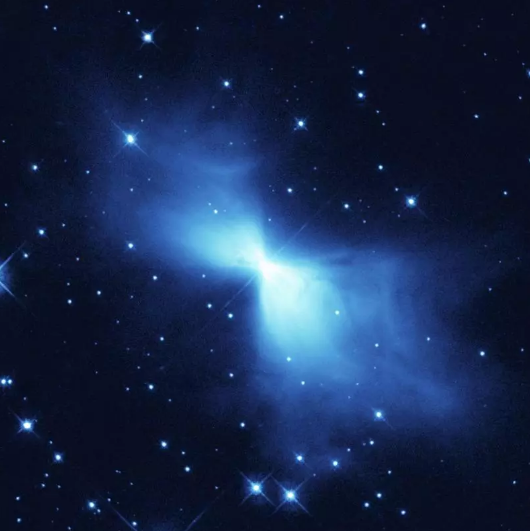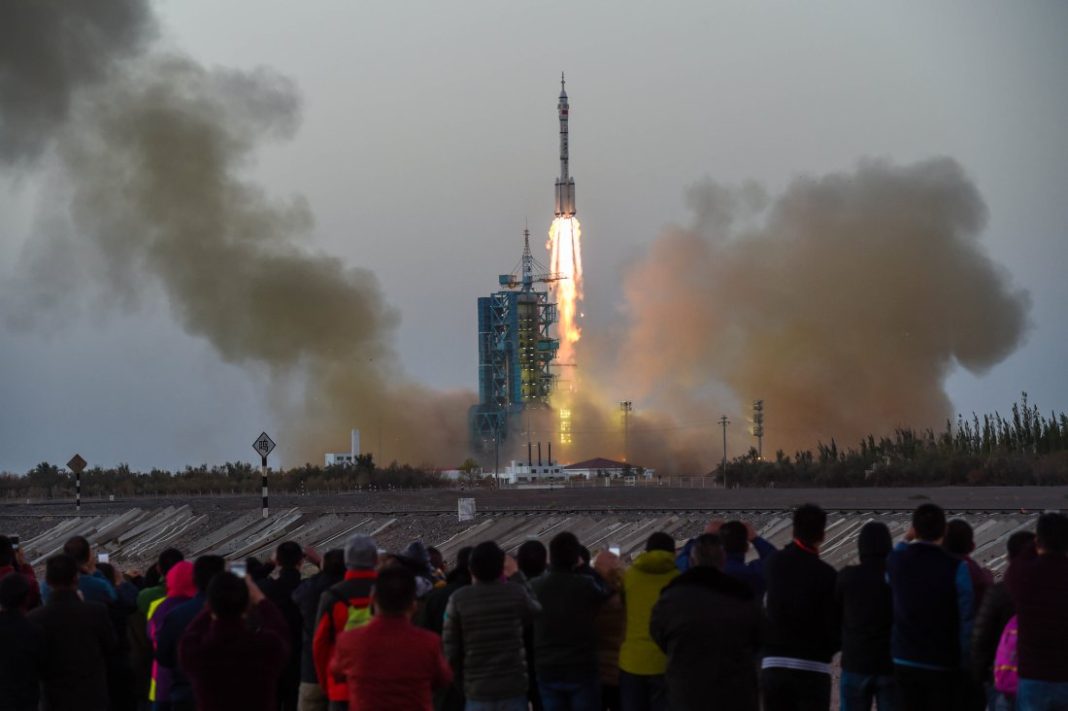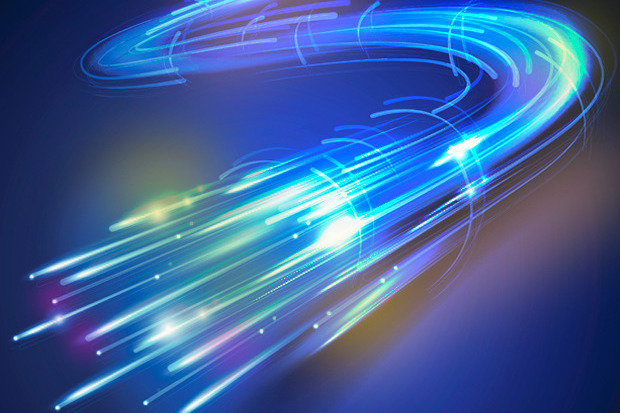The cosmos, in general, has a temperature of around -270 degrees Celsius (almost 3 degrees Celsius above 0 Kelvin) thanks to the cosmic microwave background (CMB) that permeated the Universe immediately after the Big Bang. Currently, the coldest place in the Universe that we know of is located around 5,000 light-years away in the Centaurus constellation. It’s known as the Boomerang Nebula and has a temperature of -272 Celsius, which is the equivalent of around 1 Kelvin.
However, that may all be about to change if NASA gets its way. The space agency is working on a project that will see a special box aboard the International Space Station (ISS) become the new coldest spot in the Universe. The special box is in its final stages of production at the Jet Propulsion Laboratory and should be ready to fly in the 12th SpaceX cargo mission that’s due to launch in August.
It’s called the Cold Atom Laboratory (CAL) and consists of a vacuum chamber, lasers, and an electromagnetic knife in which to slow down the gas particles so that they’re pretty much devoid of motion. In such cold temperatures, the atoms will transform into what’s known as a Bose-Einstein condensate (BEC) form of matter that follows the rules of quantum physics rather than the usual rule of physics.
By creating the new, coldest place in the Universe, NASA experts will able to closer observe the waveforms in which the BEC’s behave. Scientists are only able to observe these waveforms for a short amount of time on Earth, but through the use of CAL, this time will be so much longer due to the microgravity environment within the ISS. “Studying these hyper-cold atoms could reshape our understanding of matter and the fundamental nature of gravity. The experiments we’ll do with the Cold Atom Lab will give is insight gravity and dark energy – some of the most pervasive forces in the universe,” said CAL Project Scientist Robert Thompson of JPL.
More News To Read
- Terminal Cancer Patients Lives to See Another Day With Thanks to Revolutionary Gene Therapy
- 8 Industries That Will Be Most Affected By Machine Learning
- The AstroRad Radiation Shield: The New Protective Vest for Deep Space Travel
- NASA Released a Huge Amount of Software Everybody Can Use For Free
- Is Vitrification Key to Cutting Down Organ Transplant Lists?











